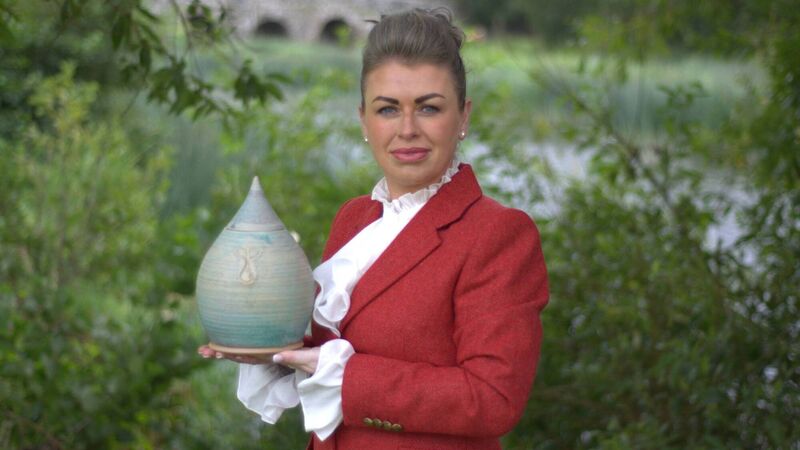End-of-life planning: how 'thoughtful consideration' of life after our own is a skill

Elizabeth Oakes, founder of Pure Reflections.
American actor Shannen Doherty died in July this year following an almost decade long battle with cancer.
Before her death, not only did Doherty draw up a list of those she did not want at her funeral, but she also filed for divorce from her husband of 11 years. According to reports, the divorce was finalised the day before she died.







